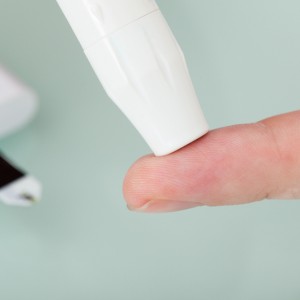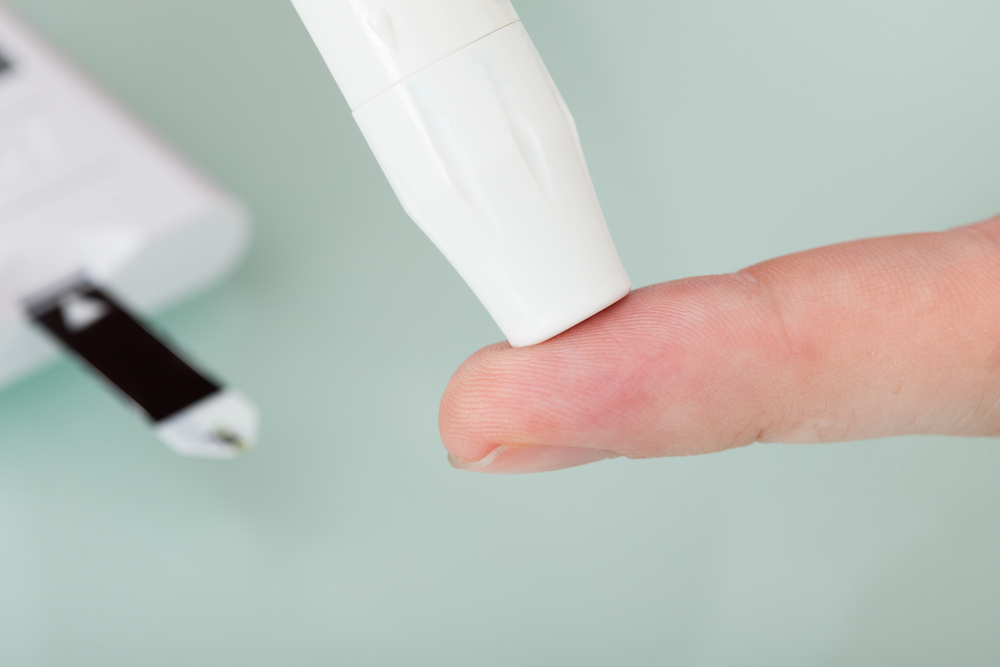 A recent study published in the ACS Applied Materials & Interfaces journal has shown that a new test for early-stage prostate cancer screening, developed at the University of Central Florida, is more precise and more sensitive that the current and standard test, costs less than $1, and produces results in only a few minutes.
A recent study published in the ACS Applied Materials & Interfaces journal has shown that a new test for early-stage prostate cancer screening, developed at the University of Central Florida, is more precise and more sensitive that the current and standard test, costs less than $1, and produces results in only a few minutes.
The test was developed by the researcher Qun “Treen” Huo in an effort to offer earlier detection of this type of cancer, which is one of the deadliest affecting men. The test also offers the possibility to reduce the amount of invasive and unnecessary biopsies that might be performed as a consequence of inaccurate PSA tests that are currently used.
The urologic oncologist from the Florida Hospital Cancer Institute, Dr. Inoel Rivera, who collaborated with Huo on these pilot studies, said this test is very promising and explained: “It’s a simple test. It’s much better than the test we have right now, which is the PSA, and it’s cost-effective.”
Dr. Huo’s test detects the antibodies produced when a cancerous tumor starts developing; to do so, it utilizes gold nanoparticles, tiny molecules about 10,000 times smaller than a freckle. Mixing drops of blood serum collected from a finger prick with the nanoparticles causes the clumping of certain cancer biomarkers. These clumps are analyzed through NanoDLSay, a technique developed to measure both the scattering and the absorption of light promoted by the gold nanoparticles, allowing prostate cancer detection.
Even though the test uses gold it is extremely cheap, as only a residual amount of the metal is used per test. “What’s different and unique about our technique is it’s a very simple process, and the material required for the test is less than $1. And because it’s low-cost, we’re hoping most people can have this test in their doctor’s office. If we can catch this cancer in its early stages, the impact is going to be big,” Dr. Huo noted.
PSA is the current screening tool used for prostate cancer, producing many false-positives and dubious results. Pilot studies have shown this new technique is more exact, providing results with 90 to 95 percent accuracy in false-positives and 50 percent in false-negatives, proving better than PSA’s 20 percent in false-negatives.
Dr. Huo and the research team are working to achieve more effective and accurate screening tools for the near future. “Potentially, we could have a universal screening test for cancer. Our vision is to develop an array of blood tests for early detection and diagnosis of all major cancer types, and these blood tests are all based on the same technique and same procedure,” she concluded.

